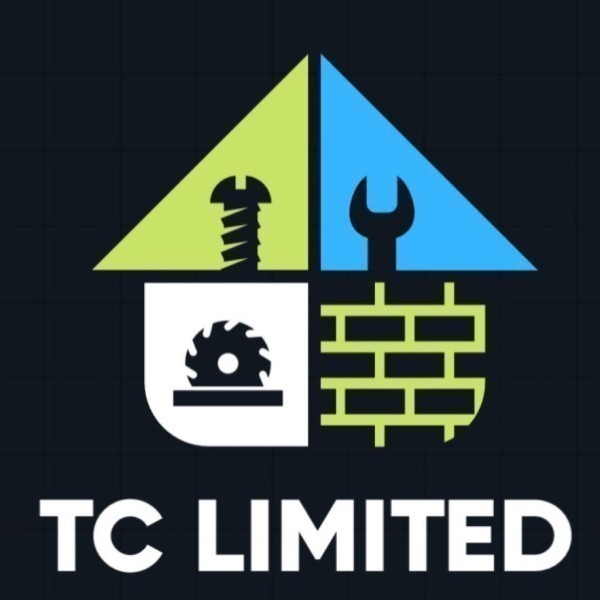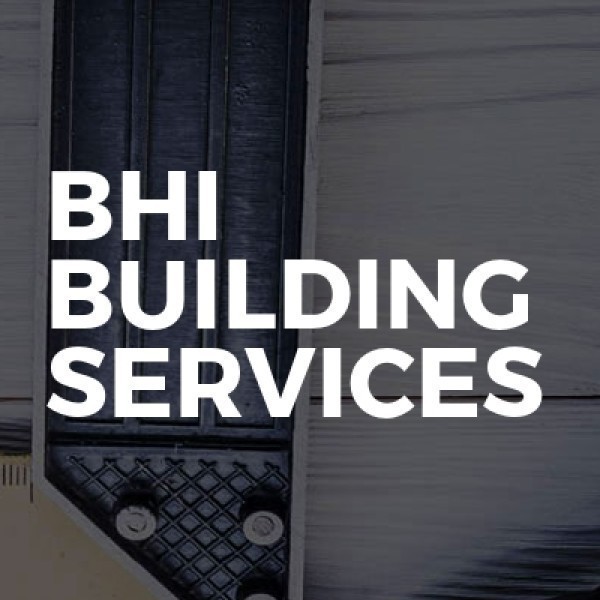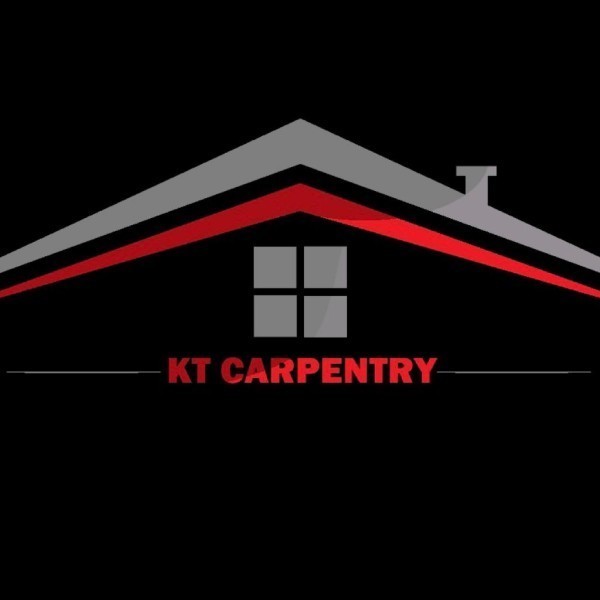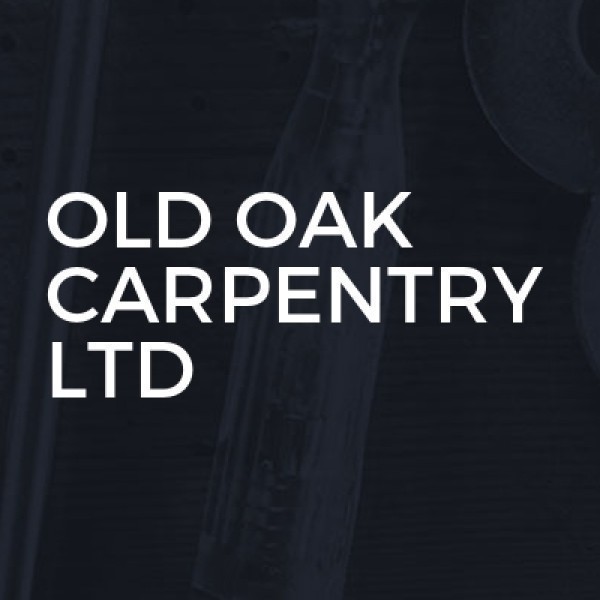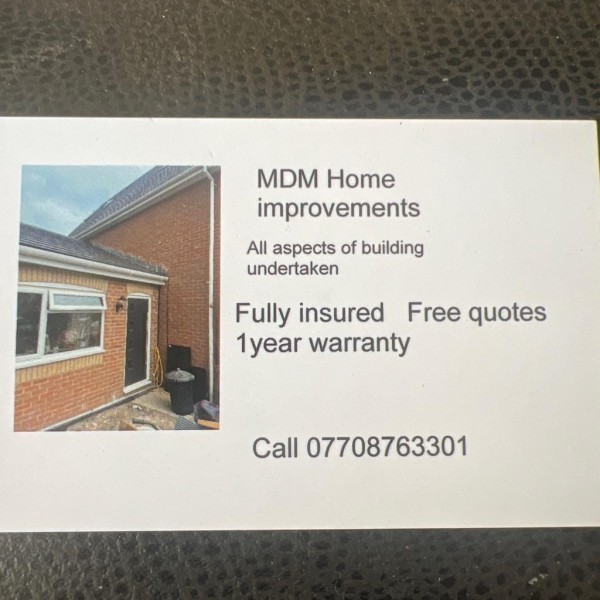Loft Conversions in Cowes
Filter your search
Post your job FREE and let trades come to you
Save time by filling out our simple job post form today and your job will be sent to trades in your area so you can sit back, relax and wait for available trades to contact you.
Post your job FREESearch Loft Conversions in places nearby
Understanding Loft Conversions in Cowes
Loft conversions in Cowes have become a popular choice for homeowners looking to maximise their living space without the hassle of moving. Nestled on the Isle of Wight, Cowes offers a unique blend of coastal charm and modern living, making it an ideal location for such home improvements. In this article, we'll explore the ins and outs of loft conversions, providing you with a comprehensive guide to transforming your attic space into a functional and stylish area.
The Benefits of Loft Conversions
Loft conversions offer a myriad of benefits, making them an attractive option for homeowners. Firstly, they provide additional living space, which can be used for various purposes such as a bedroom, office, or playroom. This extra space can significantly enhance your home's functionality and comfort.
Moreover, loft conversions can increase the value of your property. In a competitive housing market, having an extra room can make your home more appealing to potential buyers. Additionally, loft conversions are often more cost-effective than building an extension, as they utilise existing space.
Finally, loft conversions can improve energy efficiency. By insulating the roof and walls, you can reduce heat loss and lower your energy bills. This is particularly beneficial in Cowes, where the coastal climate can be quite chilly.
Types of Loft Conversions
There are several types of loft conversions to choose from, each with its own advantages and considerations. The most common types include:
- Dormer Loft Conversion: This involves extending the existing roof to create additional headroom and floor space. Dormer conversions are versatile and can be adapted to suit various property styles.
- Mansard Loft Conversion: Typically found in urban areas, mansard conversions involve altering the roof structure to create a flat roof with steeply sloping sides. This type of conversion offers maximum space but may require planning permission.
- Hip to Gable Loft Conversion: Ideal for semi-detached or detached homes with a hipped roof, this conversion involves extending the gable wall to create more space. It's a great option for those looking to maintain the property's original aesthetic.
- Velux Loft Conversion: Also known as a roof light conversion, this option involves installing windows into the existing roof structure. It's the least invasive type of conversion and is often the most cost-effective.
Planning Permission and Building Regulations
Before embarking on a loft conversion in Cowes, it's essential to understand the planning permission and building regulations involved. In many cases, loft conversions fall under permitted development rights, meaning you won't need planning permission. However, there are exceptions, particularly if your property is in a conservation area or if the conversion involves significant structural changes.
Building regulations, on the other hand, are mandatory for all loft conversions. These regulations ensure that the conversion is safe and structurally sound. Key areas covered by building regulations include fire safety, insulation, and structural integrity. It's advisable to work with a qualified architect or builder who can guide you through the process and ensure compliance.
Choosing the Right Loft Conversion Specialist
Selecting the right specialist for your loft conversion is crucial to the success of the project. Start by researching local companies in Cowes and reading reviews from previous clients. Look for specialists with experience in the type of conversion you're considering and ask to see examples of their work.
It's also important to obtain multiple quotes and compare them carefully. While cost is a significant factor, don't compromise on quality. A reputable specialist will provide a detailed breakdown of costs and a timeline for the project. Ensure that they are fully insured and offer a warranty on their work.
Designing Your Loft Space
Once you've chosen a specialist, it's time to start designing your loft space. Consider how you intend to use the space and what features are essential. For example, if you're creating a bedroom, you'll need to think about storage solutions and lighting. If it's an office, consider the layout and how to maximise natural light.
Work closely with your architect or designer to create a space that meets your needs and complements the rest of your home. Don't be afraid to get creative and incorporate unique design elements that reflect your personal style.
Cost Considerations for Loft Conversions
The cost of a loft conversion in Cowes can vary significantly depending on the type of conversion, the size of the space, and the materials used. On average, you can expect to pay between £20,000 and £50,000. However, more complex conversions, such as mansard or hip to gable, may cost more.
It's important to budget for additional expenses, such as planning fees, building regulations approval, and any unforeseen issues that may arise during the project. To avoid surprises, work with your specialist to create a detailed budget and stick to it as closely as possible.
Maximising Natural Light in Your Loft Conversion
Natural light can transform a loft space, making it feel larger and more inviting. Consider installing large windows or skylights to maximise the amount of natural light entering the room. Velux windows are a popular choice for loft conversions, as they can be installed without altering the roof structure.
In addition to windows, consider using light colours for walls and furnishings to reflect light and create a bright, airy atmosphere. Mirrors can also be strategically placed to enhance natural light and create the illusion of more space.
Insulating Your Loft Conversion
Proper insulation is essential for a comfortable and energy-efficient loft conversion. Insulating the roof and walls will help to retain heat in the winter and keep the space cool in the summer. There are several types of insulation to choose from, including fibreglass, foam, and wool.
Work with your specialist to determine the best insulation for your needs and budget. In addition to thermal insulation, consider soundproofing to reduce noise from outside and within the home.
Incorporating Storage Solutions
Storage is often a challenge in loft conversions due to the sloping ceilings and limited space. However, with some clever planning, you can incorporate effective storage solutions that maximise the available space.
Consider built-in wardrobes, shelving, and under-eaves storage to make the most of awkward spaces. Multi-functional furniture, such as beds with storage drawers or desks with built-in shelves, can also help to keep the space organised and clutter-free.
Ensuring Safety in Your Loft Conversion
Safety should be a top priority when planning a loft conversion. This includes ensuring that the structure is sound and that all work complies with building regulations. Fire safety is particularly important, and your conversion should include smoke alarms, fire-resistant materials, and a safe means of escape.
Discuss safety measures with your specialist and ensure that they are included in the design and construction process. Regular inspections by building control officers will help to ensure that the conversion meets all safety standards.
Adding Value to Your Home with a Loft Conversion
A well-executed loft conversion can add significant value to your home. By creating additional living space, you can increase your property's market value and appeal to potential buyers. In Cowes, where space is at a premium, a loft conversion can be a particularly attractive feature.
To maximise the value of your conversion, focus on quality and functionality. Choose high-quality materials and finishes, and ensure that the space is versatile and adaptable to different uses.
Common Challenges and How to Overcome Them
While loft conversions offer many benefits, they can also present challenges. Common issues include limited headroom, awkward layouts, and planning restrictions. However, with careful planning and the right specialist, these challenges can be overcome.
For example, if headroom is an issue, consider a dormer or mansard conversion to create additional space. If planning restrictions are a concern, work with your specialist to explore alternative solutions that comply with local regulations.
Maintaining Your Loft Conversion
Once your loft conversion is complete, regular maintenance is essential to keep it in top condition. This includes checking for leaks, ensuring that insulation remains effective, and keeping the space clean and organised.
Regular inspections by a professional can help to identify any issues early and prevent costly repairs. Additionally, consider updating the space periodically to keep it fresh and in line with current trends.
Frequently Asked Questions
- Do I need planning permission for a loft conversion in Cowes? In most cases, loft conversions fall under permitted development rights, but it's essential to check with your local council.
- How long does a loft conversion take? The duration of a loft conversion can vary, but most projects take between 6 to 12 weeks to complete.
- Can I live in my home during the conversion? Yes, most loft conversions can be completed with minimal disruption, allowing you to remain in your home.
- What is the best type of loft conversion for my home? The best type of conversion depends on your property's structure, your budget, and your needs. Consult with a specialist to determine the most suitable option.
- How much does a loft conversion cost? Costs can vary, but you can expect to pay between £20,000 and £50,000, depending on the complexity of the project.
- Will a loft conversion add value to my home? Yes, a well-executed loft conversion can significantly increase your property's value.
In conclusion, loft conversions in Cowes offer a fantastic opportunity to enhance your living space and add value to your home. By understanding the process, choosing the right specialist, and planning carefully, you can create a beautiful and functional space that meets your needs and complements your lifestyle.





